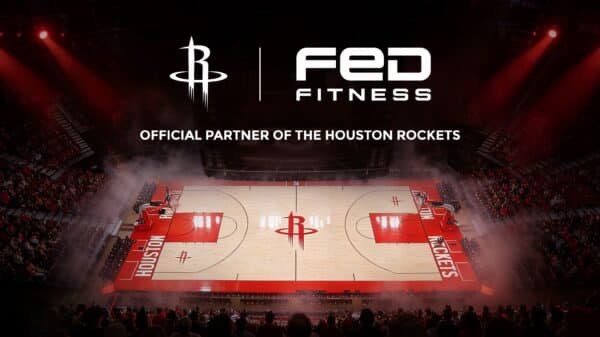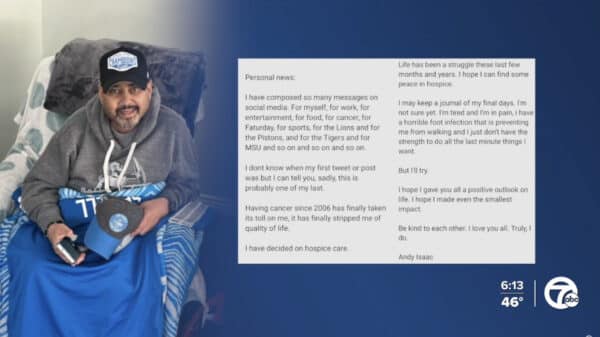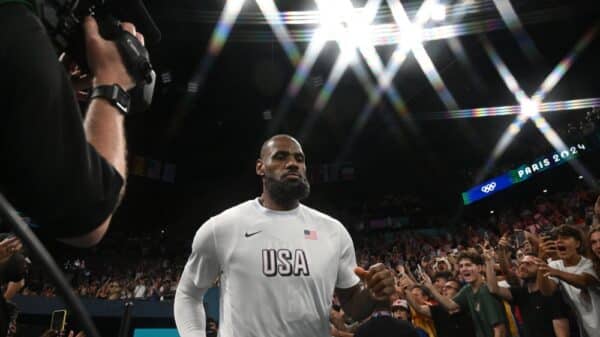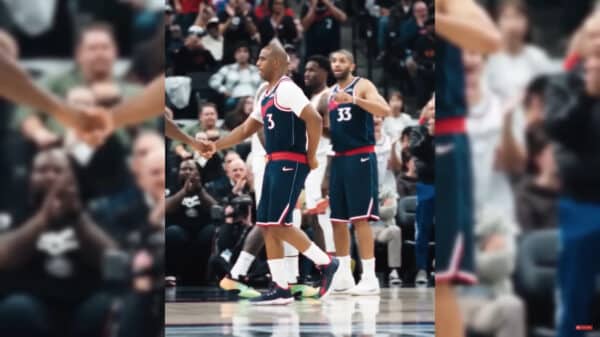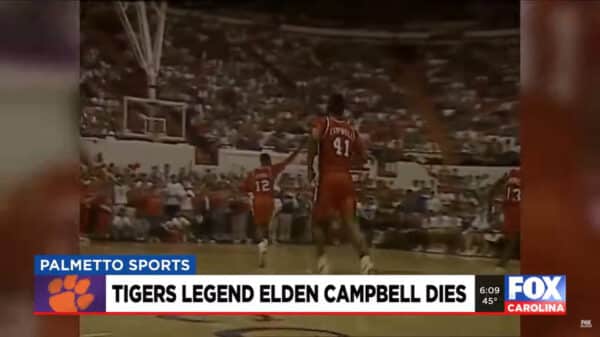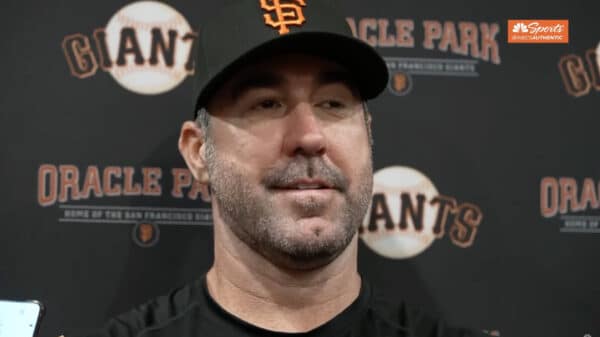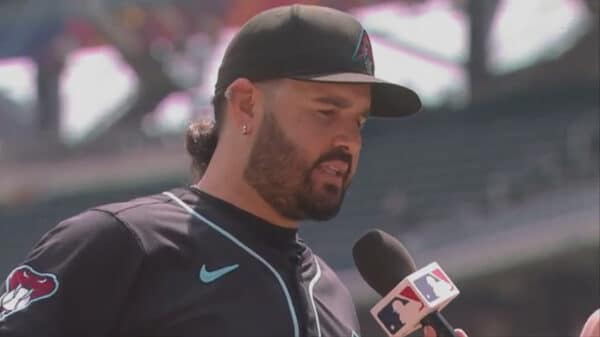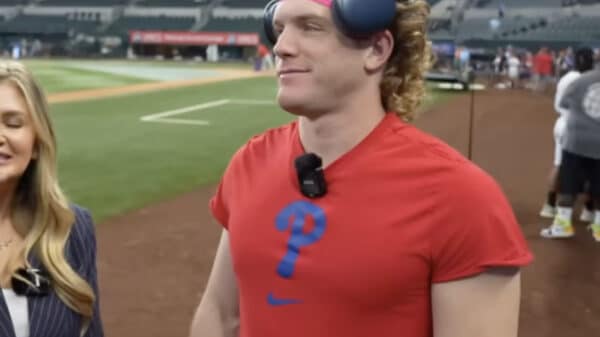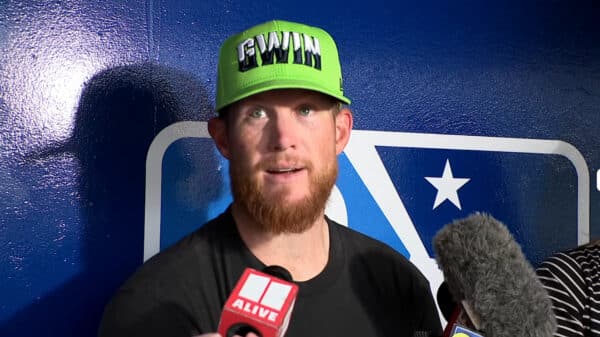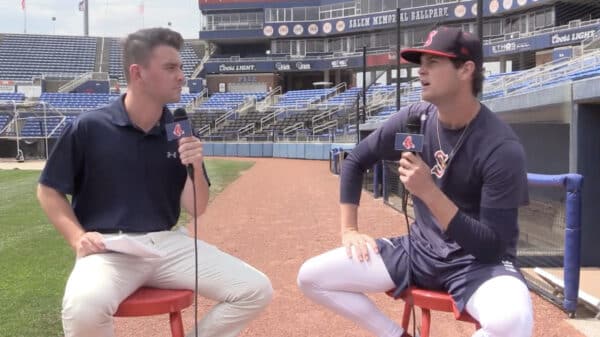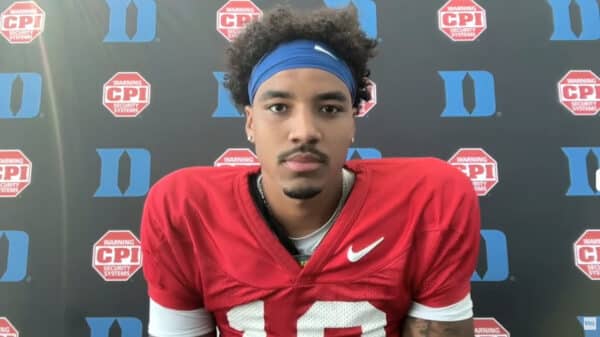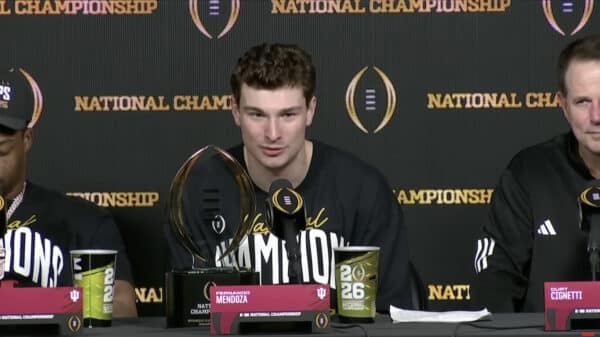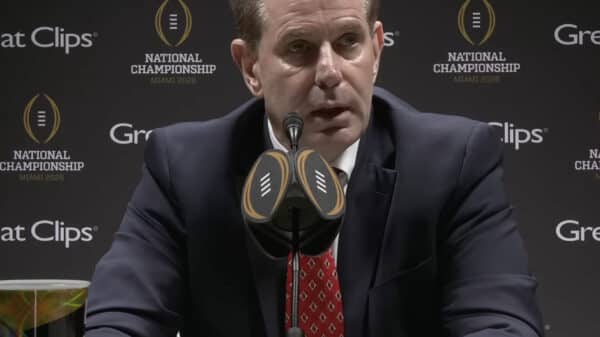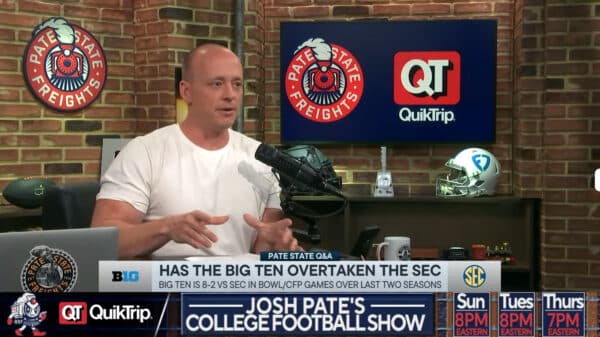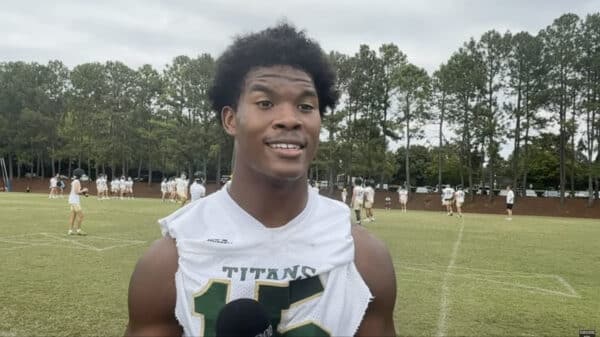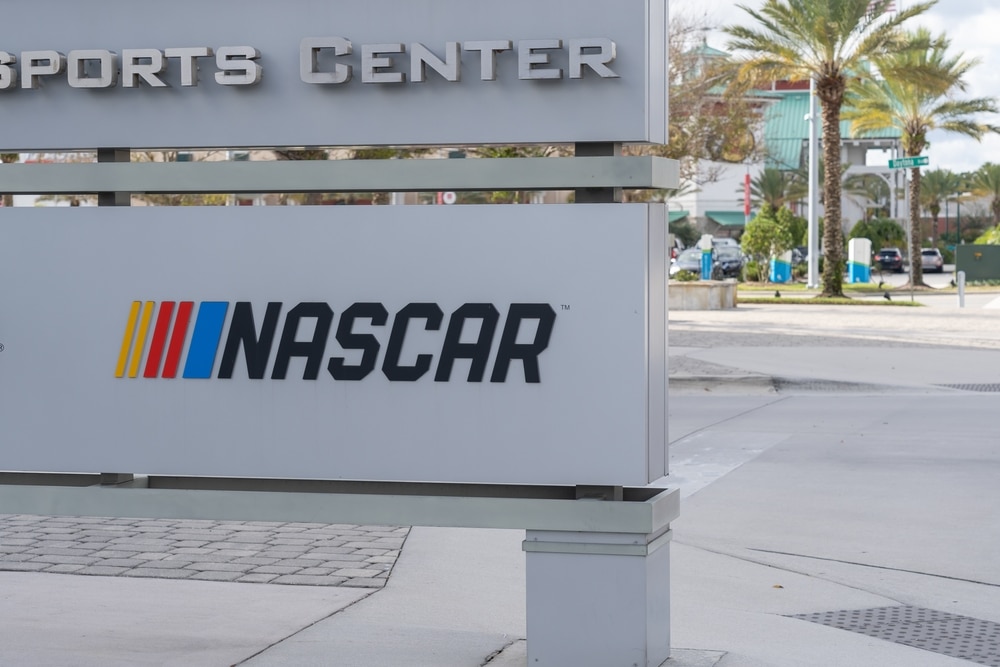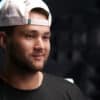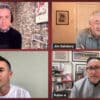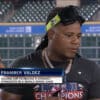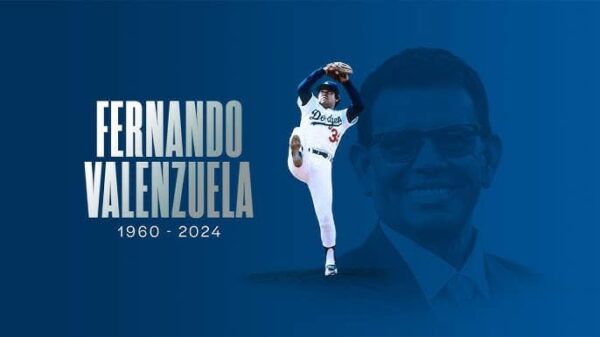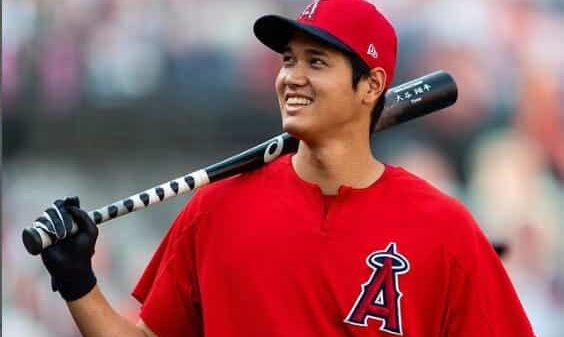NASCAR has taken a significant step in its legal battle, filing an amended countersuit against Front Row Motorsports, 23XI Racing, and Curtis Polk. This move came after NASCAR’s request was granted, enabling them to present new claims in the case that began earlier this year.
The updated filing, submitted in the Western District of North Carolina, redacts much of its content, leaving many details undisclosed. However, some key allegations echo situations from their previous filings. According to NASCAR, starting as early as June 2022, the defendants are accused of engaging in a conspiracy that unlawfully restrained interstate trade, a violation under Section 1 of the Sherman Act. NASCAR specifically points fingers at Curtis Polk, alleging that he played a pivotal role in orchestrating this conspiracy while representing the Race Team Alliance (RTA).
At the heart of the issue, NASCAR contends that 23XI, Front Row, and their affiliates acted more like rivals than partners. This contrasts sharply with collective bargaining scenarios typically seen in sports, where all parties are viewed as equals. NASCAR’s stance is clear: these teams supposedly colluded to negotiate collectively against NASCAR, which is illegal under antitrust laws.
NASCAR’s filing highlights claims that Polk and the teams attempted to rally others in the NASCAR community to boycott the 2024 Duel at Daytona race, suggesting a coordinated effort to pressure NASCAR into accepting their terms. They also allegedly interfered with negotiations concerning broadcast deals. A particularly striking assertion made in the filing states, “On information and belief, Polk organized this threatened boycott to harm NASCAR’s established relationships with its broadcast partners.”
Moreover, NASCAR accuses these teams of engaging in “active threats and coercive behavior,” asserting that their actions are indicative of a cartel-like behavior. This is a significant label, especially as it was used previously in January during court proceedings that revolved around the preliminary injunction, which ultimately led to the granting of charter status for both teams this season.
In a related twist, despite the teams’ refusal to sign the charter extension, federal judge Kenneth D. Bell chose to maintain the status quo, allowing these teams to keep their charter status pending a trial that is set for December 1. He granted the injunction, as both teams convincingly argued that they would face irremediable harm if they weren’t recognized as charter teams for the 2025 season, a claim fortified by the presence of opt-out clauses for both drivers and sponsors.
Interestingly, Judge Bell also waived a key provision in the charter agreement that previously restricted teams from suing NASCAR. He found that this exclusion likely violated federal antitrust laws, a noteworthy point in this ongoing saga of legal claims and counterclaims.
Currently, NASCAR’s injunction decision is under appeal at the Fourth Circuit Court in Richmond, Virginia, with a hearing scheduled for Friday at 8 a.m. As this legal battle unfolds, stakeholders across the sport are watching closely, knowing that the outcomes could have far-reaching implications for the future of NASCAR racing and its teams. The tension is palpable, and the stakes have never been higher, reflecting the intense competition and intricate relationships that characterize the world of NASCAR.


